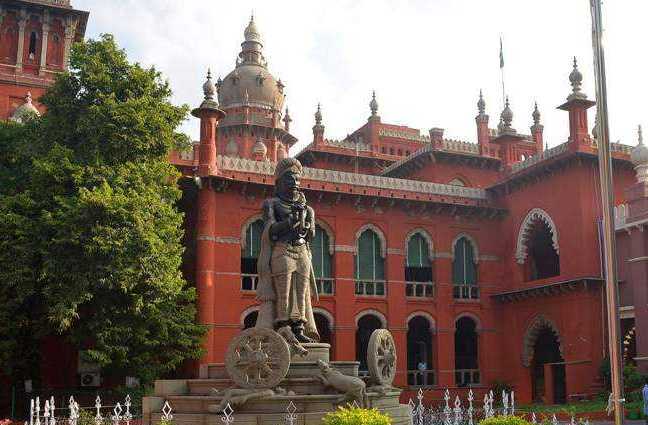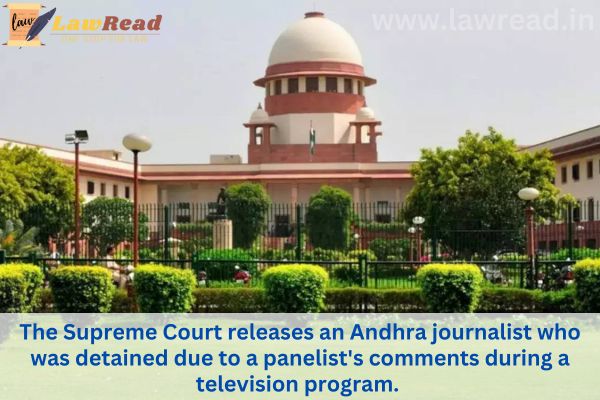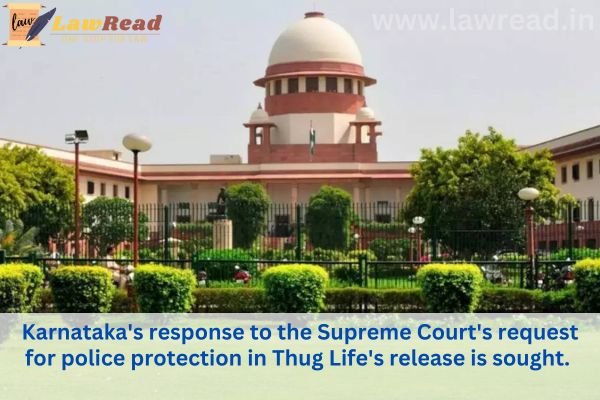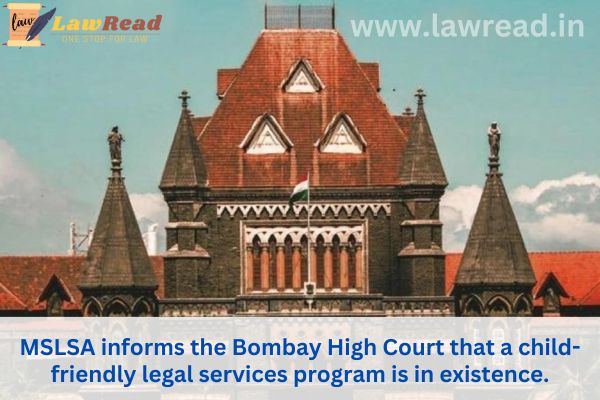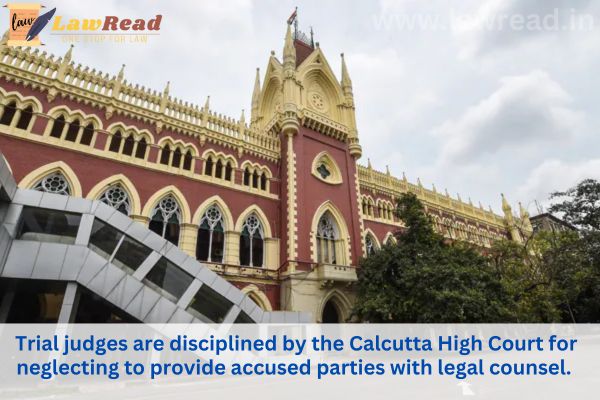News
The Delhi High Court orders the Consulate and MEA to help three Indians who are on Indonesia's execution row.
.jpg)
MEA was instructed to pursue the issue diplomatically, while the Indian consulate in Indonesia was instructed to make sure the Indians had legal support to seek appeals.
The Indian Ministry of External Affairs (MEA) and the Indian Consulate in Indonesia were ordered by the Delhi High Court on Friday to provide legal assistance for three Indian citizens who were found guilty of drug possession and are facing the death penalty in Indonesia [N. Deepika & Ors Vs Union of India & Anr].
The MEA was instructed to handle the situation diplomatically, while the embassy was instructed to make sure the Indians had sufficient legal support to seek appeal remedies in Indonesia.
The spouses of the three Indian nationals on death row—Raju Muthukumaran, Selvadurai Dinakaran, and Govindasamy Vimalkandhan—filed a petition, and Justice Sachin Datta granted their request.
The three Indians had been employed by an Indonesian shipbuilding company. They were reportedly charged with transporting crystal meth, which led to their arrest in July 2024. They were found guilty and given the death penalty by an Indonesian court.
As a result, their wives petitioned the Delhi High Court for immediate relief. The women (petitioners) clarified that they only obtained a copy of the judgment against their husbands on April 29 and that the statute of limitations in Indonesia is only seven days.
They went on to say that they lack the resources necessary to appeal to the Indonesian courts.
Yesterday, Justice Datta posted the case for a follow-up hearing on May 6 and requested the Indian government's answer.
Meanwhile, the Court mandated that the Indian Consulate in Indonesia help the three Indian citizens with their legal matters and help them communicate with their relatives.
In the interim, the May 2 order instructed the Indian Consulate in Indonesia to: (i) take the necessary actions to guarantee that the convicted Indian nationals receive sufficient legal representation and to provide them with the necessary support in order to pursue appellate remedies; (ii) facilitate communication between the convicted individuals and their families in India.
In order to protect Indian citizens, the Court further stated that the MEA should approach the issue diplomatically with the Indonesian authorities.
"For the protection of Indian nationals under applicable international conventions or bilateral agreement(s)," the Court ordered, "the Ministry of External Affairs, Union of India is also directed to pursue the matter at the diplomatic level with the Indonesian government."
The petitioners were represented by Advocate S Parthasarthi.
Ashish Dixit, the Standing Counsel for the Central Government, represented the Union of India.

